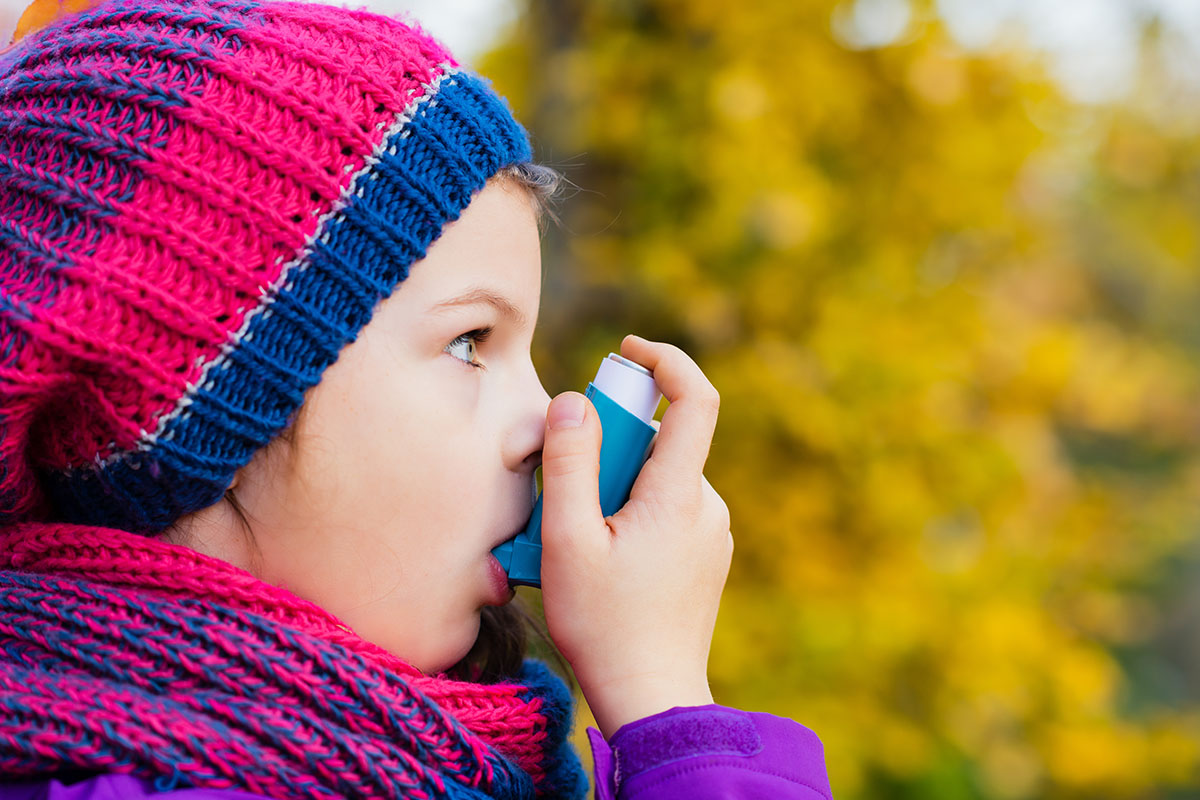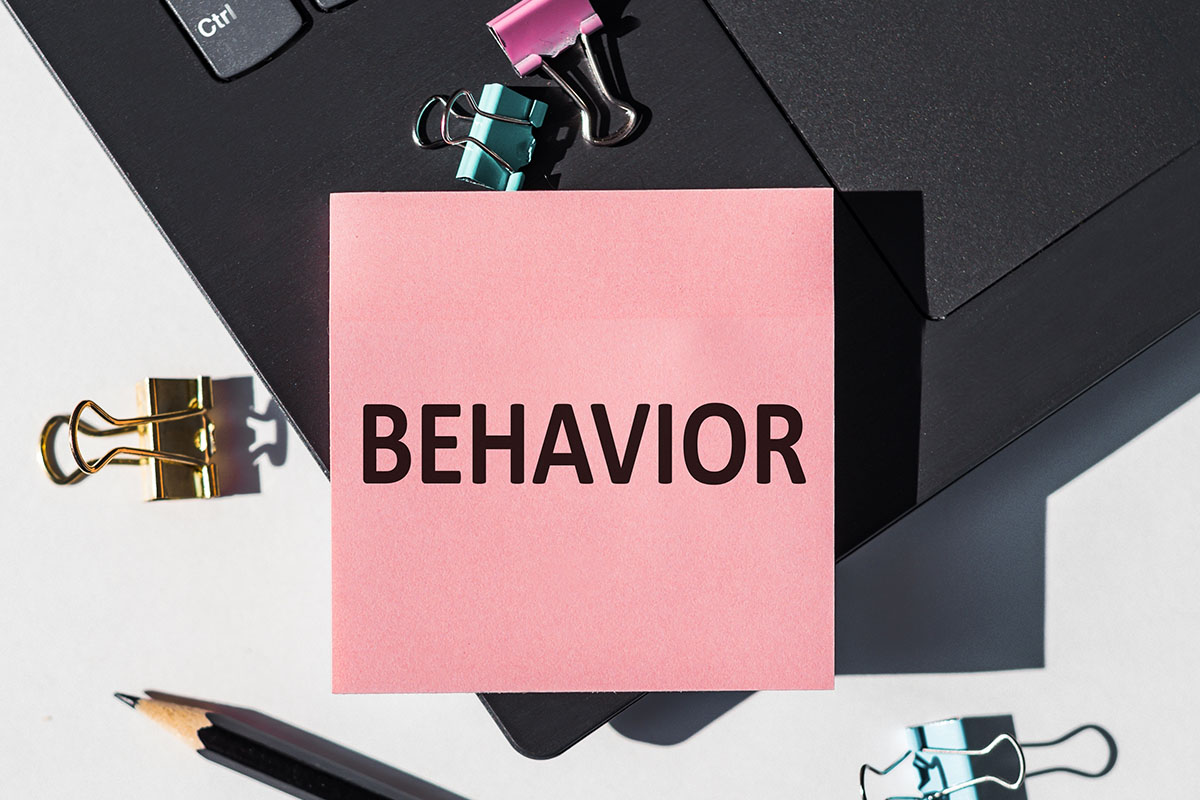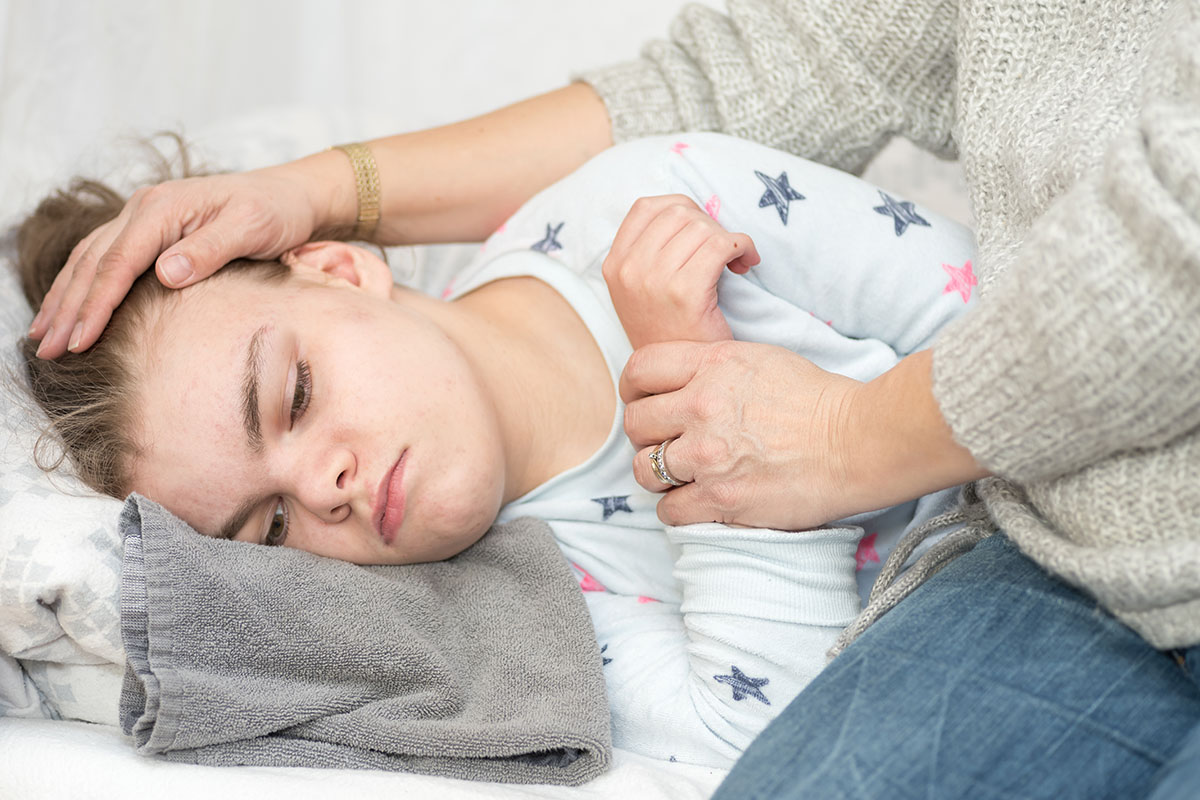Author – Dr. Neeraj Kumar, MBBS, DCH, MD
Consultant – Paediatrician at Motherhood Chaitanya Hospital, Chandigarh
Eye Flu in Children- How to Prevent and Treat
Conjunctivitis, eye flu or pink eye, is an inflammation of the conjunctiva. The conjunctiva is a transparent membrane covering the eyelid and a part of the eye. Usually, eye flu is caused in the monsoon season by viruses, bacteria, allergies, or other irritants. According to Dr Neeraj Kumar, MBBS, DCH, MD, Consultant-Paediatrician, eye flu is very common in children during the monsoon. Moreover, in the past few weeks, there has also been a spike in the eye flu cases. Hence, you must take necessary precautions to prevent this from spreading. If you notice any symptoms, visit the best child specialistdoctor in Chandigarh at the earliest.
What are the Symptoms of Eye Flu?
The most common symptom of eye flu is redness or inflammation of the eye. Other symptoms include:
- Itching or burning sensation in the eye.
- Watering of the eyes.
- Sensitivity to light.
- Discharge from eyes.
- Sticking of eyelids together.
What are the Types of Conjunctivitis?
The best child specialist doctor in Chandigarh tells us that there are 3 main types of
conjunctivitis:
- Viral Conjunctivitis
This type is caused by a viral infection including cold or flu. It is highly contagious and lasts up to 2 weeks. - Bacterial Conjunctivitis
This type is caused by a bacterial infection. Bacterial conjunctivitis can also cause yellowishgreen discharge from the eye. - Allergic Conjunctivitis
This type is caused by allergens including pollen or pet dander. It can occur any time of the year and is usually less contagious.
How to Prevent Conjunctivitis?
Conjunctivitis can be prevented by taking the following measures:
- Wash your hands frequently, especially before touching your eyes.
- Avoid sharing pillows, towels, or other personal items.
- Avoid touching your eyes with your hands.
- Practice good hygiene, especially during cold or flu season.
- Use protective eyewear when swimming or doing any activity with the potential risk of eye exposure.
How to Treat Conjunctivitis?
If you suspect eye flu, the best child specialist doctor in Chandigarh recommends the
following at-home care tips:
Practice Good Hand Hygiene:
The hands of your children can be a potential carrier of viruses or bacteria. Inculcate good hand hygiene habits in them. Wash their hands frequently. Avoid sharing towels, eye drops, or any other item that can spread infection.Warm or Cold Compress:
Apply a clean, warm compress or ice packs to closed eyes as it helps in soothing eyes and reducing swelling. You can use a soft, lint-free cloth soaked in warm water and place it gently over the closed eyelids for a few minutes. Repeat as needed throughout the day.Clean Eyeglasses:
If your child wears glasses, make sure to clean them with mild soap and water to remove any potential contamination.
Artificial Tears:
Over-the-counter lubricating eye drops called artificial teas in general can keep eyes moist and prevent irritation. Discuss this with your paediatrician and do not self-medicate.
Avoid Eye Touching or Rubbing:
Children can be easily frustrated with the constant eye irritation. They might find comfort in rubbing their eyes. This, however, can further irritate the conjunctiva and spread the infection to the other eye or other people around. Hence, make sure that your child does not touch the infected eye at all.
When to visit Doctor:
Excessive pain in eyes, high grade fever, difficulty in opening eyes and increasing redness are red flags for which doctor should be consulted immediately. Keep in mind to not self-medicate or take any eye drops without consulting the best child specialist doctor in Chandigarh. The paediatrician will examine the eyes for the type of injection and prescribe medication accordingly. If you wish to visit a paediatrician, you can consult Dr Neeraj Kumar at the Motherhood Hospitals.
At Motherhood Hospitals, we have a team of experienced specialists backed by the latest infrastructure and facilities. We have the best PaediatricIan in Chandigarh.
Do take an appointment with the best Paediatrician in Chandigarh at a centre closest to you. Meet with our doctors who will carry out the required investigations, diagnose the issue and recommend the most appropriate treatment, enabling you to lead an active life.
If you wish to get in touch with Dr. Neeraj Kumar, please book your appointment here


 Toll Free Number
Toll Free Number















